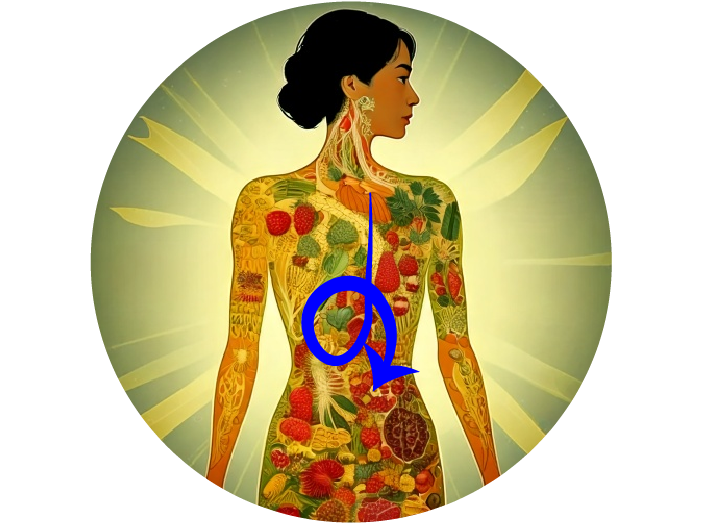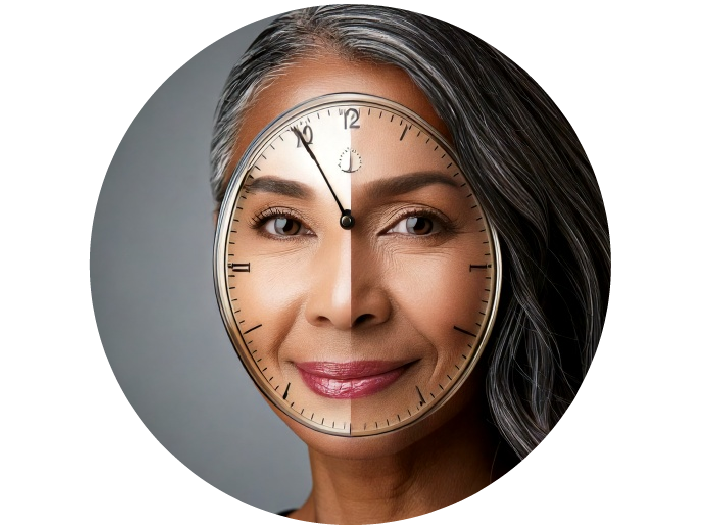Who?
My name is Reyna, and I am a scientist with a deep passion for self-learning and education. I have always been drawn to exploring subjects beyond my area of expertise, driven by the sheer joy of acquiring new knowledge. This innate curiosity ultimately led me to a career in science.
Ironically, I never found traditional schooling particularly enjoyable. I have always envisioned learning as a pursuit fueled by genuine interest rather than obligation. While science remains my primary passion, it is not my only one. To me, passion is a force that compels action, regardless of circumstances. To me, science serves as a powerful tool for training the mind, identifying patterns, and applying knowledge to foster progress. Moreover, it continuously reveals the intricacies of life, offering moments of discovery that I deeply appreciate.
My decision to pursue biology stemmed from a profound appreciation for plants. I vividly recall my first experience inside a greenhouse in Mexico City, where I felt an overwhelming sense of tranquility and fulfillment. Even today, such environments provide me a refuge where I can momentarily set aside external concerns.
Beyond science, I also have a strong interest in art, particularly drawing and working with color. I am not a fashion enthusiast or a traditional feminist, but rather a womanist—someone who values the inherent beauty and strength of women. I believe that every woman possesses a unique radiance, which can be further enhanced through self-expression.
Throughout my academic and professional journey, I have observed a significant decline in the number of women pursuing careers in science. As a woman, I recognize the challenges and sacrifices that come with this path. However, as a scientist, I firmly believe that true gender equality lies in acknowledging and embracing our differences. Within these differences exists immense potential that should be cultivated and supported.
One of my key objectives today is to make scientific knowledge more accessible, both for women aspiring to enter the field and for anyone with a genuine interest in science. By fostering understanding and inclusivity, I hope to contribute to a future where science is both an avenue for discovery and a space where diverse perspectives thrive.
Empowering Women in STEM
Science, Technology, Engineering, and Mathematics (STEM) fields need more women in leadership positions. Despite progress, women remain underrepresented in the scientific sector. Some argue that this is due to personal priorities, but is that truly the case?
I began my journey in science before 2014, full of ambition and surrounded by an inspiring group of young women. At the Faculty of Sciences, I was in awe of the intelligence and passion of my female peers. In some courses, women made up 60% to even 80% of the class. Yet, as the years passed, I witnessed a steady decline in their numbers. By the time we reached the final stages of our studies, the balance had shifted to an even split—at best. Even fewer went on to obtain their degrees, and fewer still pursued long-term careers in science.
Early in my career, I had the privilege of meeting my role model, Dr. Herminia Pasantes-Ordoñez, who became my thesis advisor. More than just a mentor, she embodied the reality that being a successful scientist and embracing womanhood were not mutually exclusive. Inspired by her example, I confidently pursued my Ph.D., surrounded by brilliant women in her lab. At that time, I believed in a future where women in science thrived.
However, after completing my Ph.D., I faced a stark reality. In postdoctoral research settings, I found myself one of the few women in the room—often making up only 15% or less of the team. This pattern was not unique to my institution; it was a global trend. Leading scientific journals overwhelmingly featured research conducted and led by male-dominated teams. When I spoke with my female peers, many cited family responsibilities as a key reason for leaving the field.
Becoming a mother and prioritizing family is a wonderful choice, but it should not mean the end of a scientific career. Many men successfully balance work and family—so why should it be different for women? Dr. Pasantes managed to do it, despite working in a very different era. The real issue is the lack of visible role models—women who can show, guide, and inspire others to navigate both career and personal aspirations. This absence affects not just women, but also men, shaping perceptions of what is possible.
Change begins with action. We, as women in STEM, must step forward, support one another, and become the role models that future generations need. The path is challenging, but together, we can make a lasting impact.






